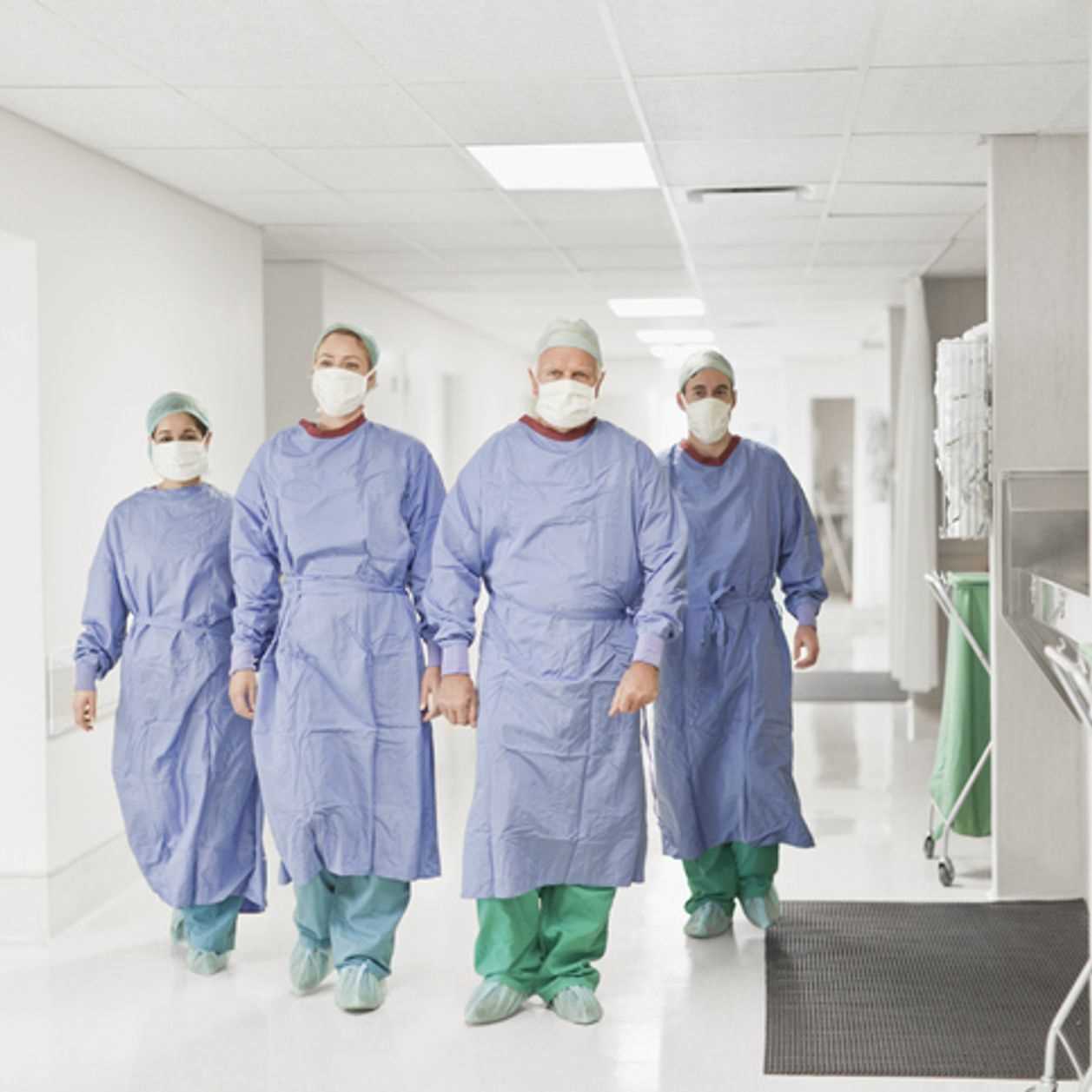Testimonial: Dr. Agnès Ricard-Hibon, president of the French Society of Emergency Medicine (SFMU), explains to us how she lives this special period, where the key word remains above all, the civic sense.
Occupation in the heart of the coronavirus crisis, the emergency doctor lives day to day with government directives. Dr. Agnès Ricard-Hibon, President of the French Society of Emergency Medicine (SFMU), spoke with us to explain the daily lives of these health experts. Meet.
What are your days like?
We are on deck all day. We eat on a table. We don't have time to take breaks. We answer the phone all the time. We try to reassure, when we can. And above all, we organize transfers to the authorized structures of people at risk, who require hospitalization.
Following the various announcements, are there any major changes in the way you work?
Since moving on to stage 3, we no longer systematically test everyone and leave patients suspected of being infected but who have no signs of severity at home. Which had become difficult given the number of suspect patients. We also manage to reassure, without too much difficulty. Our major objective? That people stop systematically going to the emergency room. If there are worrying signs, you call 15. Otherwise, you consult your doctor.
Do you feel a saturation of the hospital environment facing this virus?
In a crisis situation, the entire system is mobilized. We are not at saturation point, except in certain areas where there is an extraordinary number of patients. It is an unprecedented crisis, in its volume, its scale and its duration. Level 1 and 2 hospitals are dedicated to the care of Covid-19. Level 3 hospitals, private clinics and all structures that are not authorized to care for contaminated people discharge level 1 and 2 hospitals.
What do you think of total containment?
The medical world, and I have been hammering it since the beginning of my speeches, needs the help of the population to reduce and limit the number of infected people. Despite all the warning messages launched since the start of the crisis, we observe that the strategies of limiting contact and reducing social life are not applied, which leads to the situation we are living in now.
We are a little disappointed that the medical word is not heard by the population. We can mobilize the entire care system as much as we want, but if the population does not help us by applying the right measures, well we will have an overflow.
To prevent deaths that could have been avoided, awareness of all citizens is needed! The state can put millions on the table, if the population does not follow the doctors' instructions, it will be useless.
You are a mother, do your children ask you questions about the coronavirus?
My sons ask a lot of questions but they are aware of our working conditions and the hours we have in the hospital because they see how we work, the hours we work. They know my speech by heart.
Are they afraid?
They are not afraid for them but for their grandparents, those around them. They are especially afraid for the Society. With the closure of universities and schools, they suddenly realized that there was something going on. Before, in their daily lives, they were not fully aware of things.
Do you think we are going to have to live with this kind of virus?
We had the plague, smallpox, H5N1. We've had it all the time. It is true that between SARS and the new coronavirus, it seems that it is accelerating a little, but these viruses are not the same size.
As an individual, how do you sum up this period?
Intense activity. I admire the mobilization of health personnel, in a serene atmosphere. An extraordinary dedication from healthcare professionals. I am very proud of my team.
